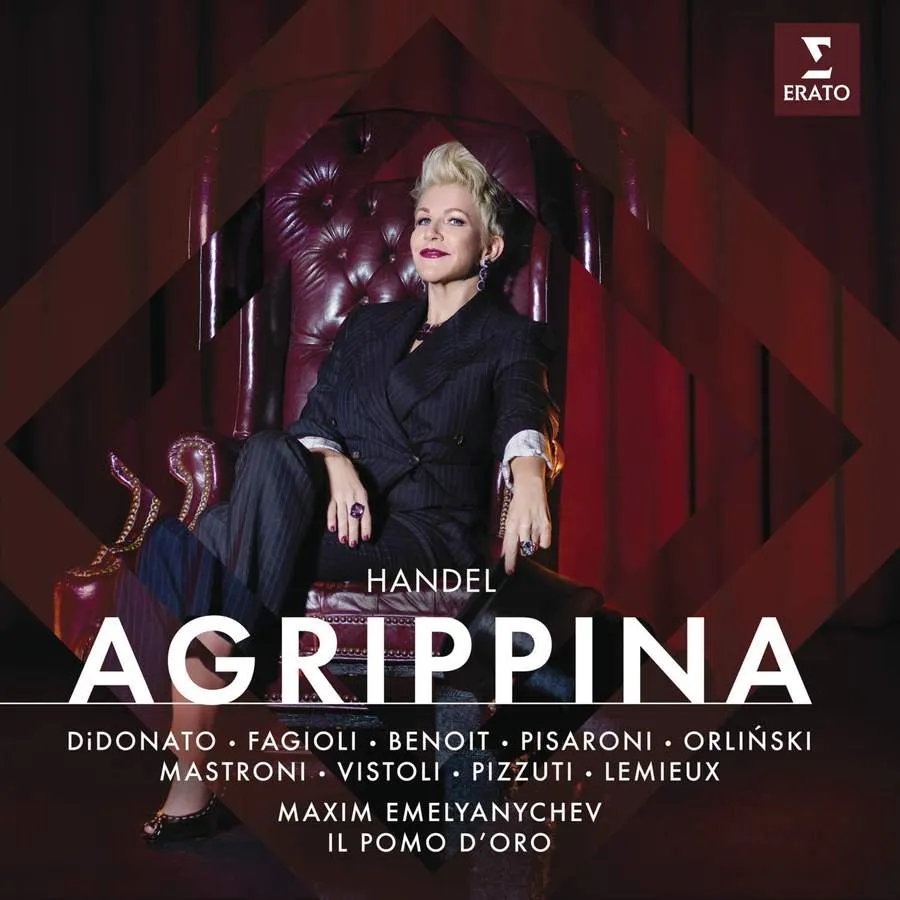Handel: Semele
Louise Alder, Dan D’Souza, Hugo Hymas, Lucile Richardot, Carlo Vistoli, Gianluca Buratto, Emily Owen, Angela Hicks, Peter Davoren; Monteverdi Choir; English Baroque Soloists/John Eliot Gardiner Soli Deo Gloria SDG 733 155:12 mins (3 discs)
Directing this 2019 live performance of Semele, John Eliot Gardiner radically altered his approach to music he’d recorded 40 years earlier. Now Handel’s score is all about sex: Semele, the sultry kitten who dares love Jupiter, sets the mood, which choir and band run with, while jealous wife Juno lashes out. Gardiner correctly reads Semele as a story about women, whose passions dwarf Jupiter’s inconstant desire.
Read BBC Music Magazine's full review here.
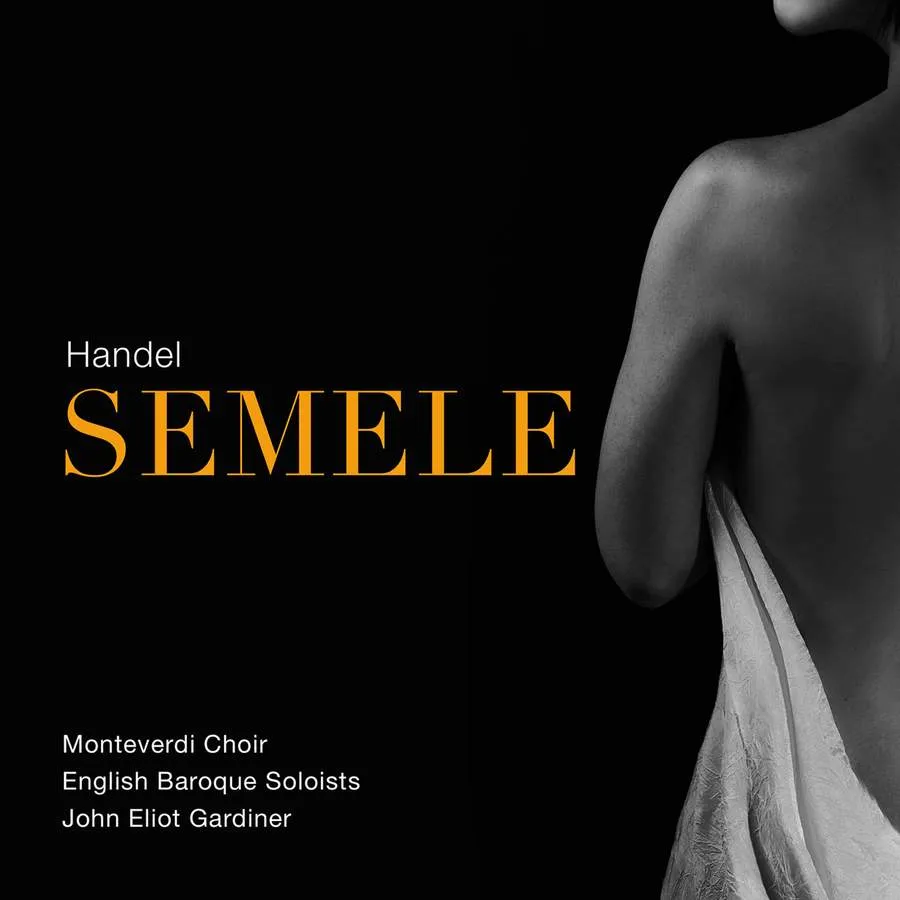
Arnold: The Dancing Master
Eleanor Dennis, Catherine Carby, Mark Wilde, Ed Lyon, Fiona Kimm, Graeme Broadbent; BBC Concert Orchestra/John Andrews Resonus Classics RES 10269 75:30 mins
Despite – or perhaps because of – his burgeoning success as a film composer, Malcolm Arnold (1921-2006) enjoyed scant approval from the snobby postwar British cultural establishment. The Dancing Master (1952, librettist Joe Mendoza), originally intended for television, was his second opera to be rejected, this time after completion. Dubbed ‘too bawdy for family audiences’, the one-act satire, based on William Wycherley’s Restoration play, lay unseen until a 1962 amateur production with piano.
Read BBC Music Magazine's full review here.
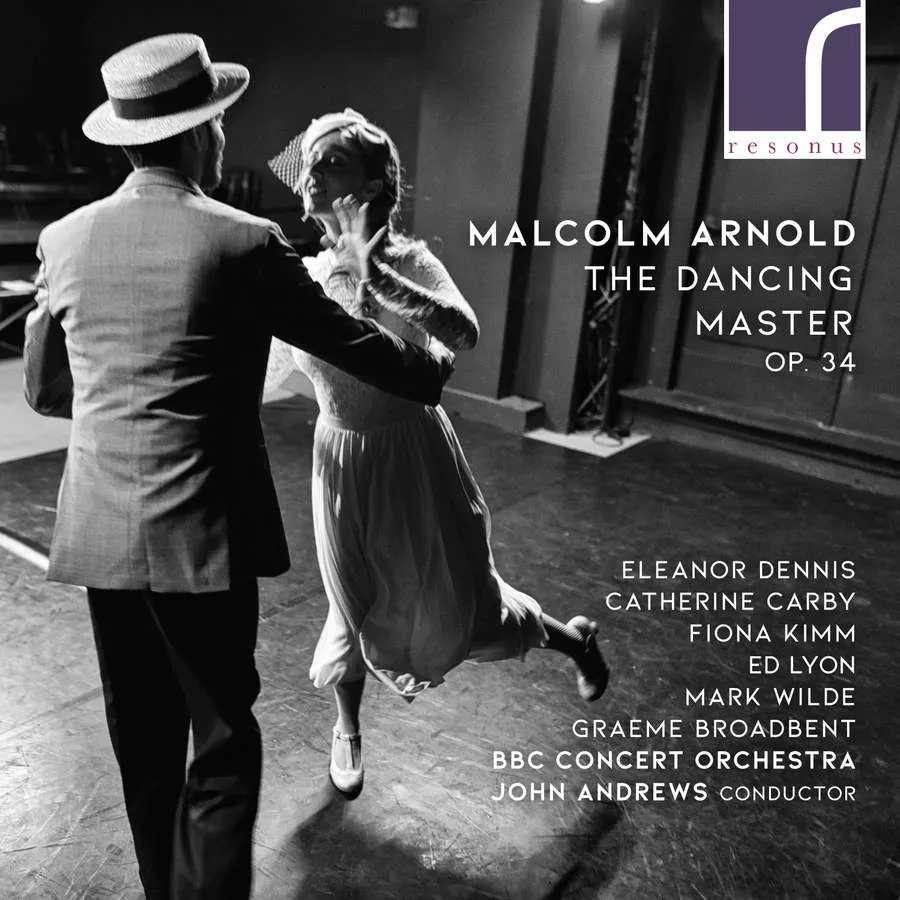
Purcell: The Fairy Queen
Various; Gabrieli/Paul McCreesh Signum Classics SIGCD615
The choir transforms on command from a lightly teasing ensemble to a thundering chorus; the impish boldness of the choral finale, heightened by tambourines, is the essence of Restoration zest. Singers’ additions, which stand out gloriously against a plucked-string-only accompaniment, cause amorous solos to ooze desire; Carolyn Sampson’s timbral purity and curvaceous diminutions are an especially heady mix. Comic numbers get full period license: the spluttering drunk poet is hilariously unmusical. At times soloists lard their solemn airs with a bit too much vibrato for my taste, but Purcell may have approved. Extremes, as McCreesh shows, belong to the fantastic worlds of The Fairy Queen.
Read BBC Music Magazine's full review here.
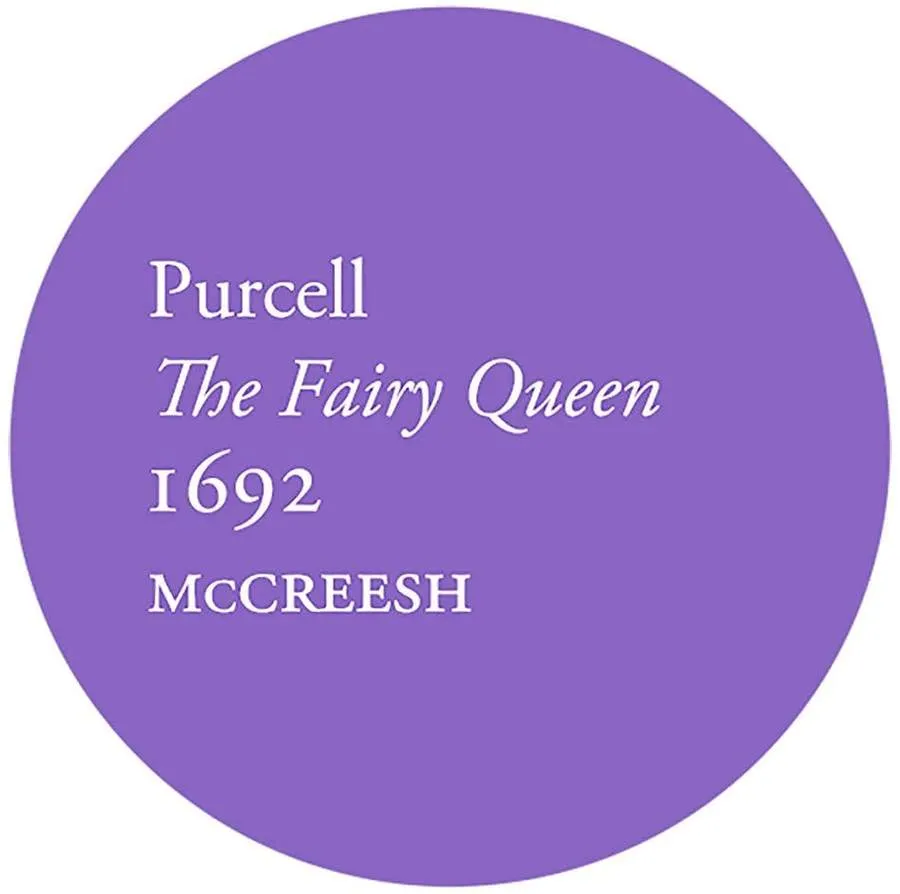
Massenet: Thaïs
Erin Wall, Joshua Hopkins, Aaron Staples, Toronto/Andrew Davis Chandos CHSA 5258
Like all previous recordings the Chandos set gives us the second (1898) version of the 1894 score while including just one of the seven ballet movements added to the revision of the second act; yet it surpasses many earlier efforts not only in terms of casting and conducting, but also in taking one of Massenet’s finest scores seriously.
Read BBC Music Magazine's full review here.
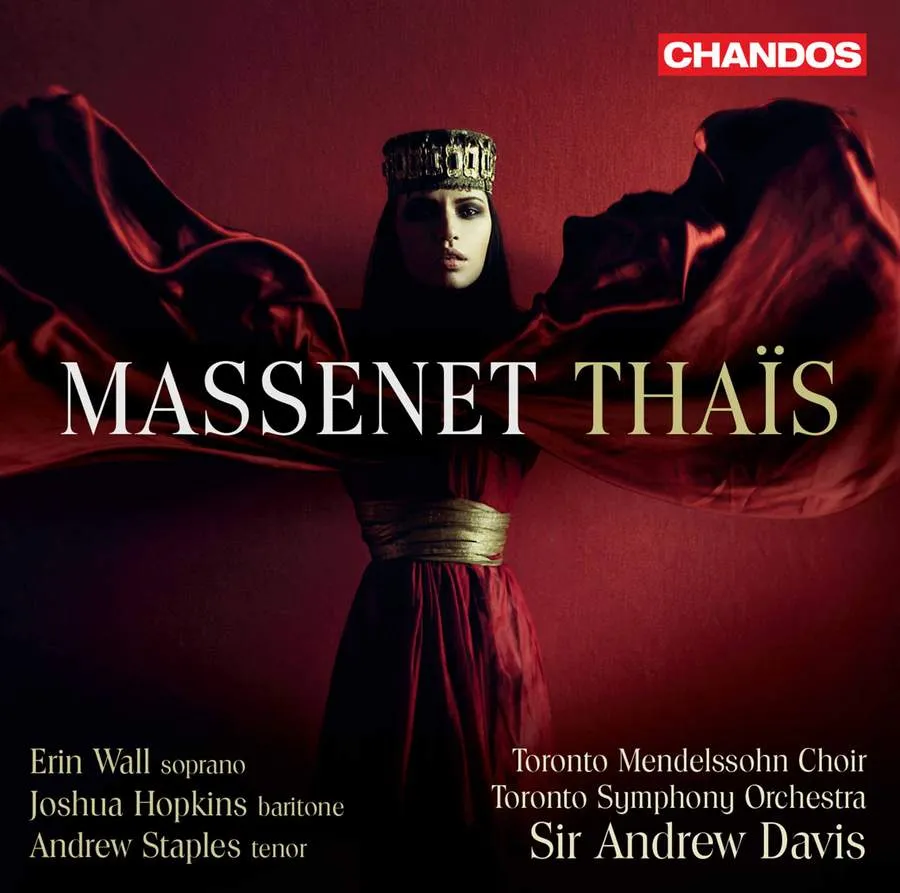
Dallapiccola: Il Prigioniero
Various; Danish Nat'l Symphony et al/Gianandrea Noseda Chandos CHSA 5276
Gianandrea Noseda and his Danish forces offer a thrilling account of Dallapiccola’s masterpiece, and Noseda’s attention to the all-important orchestral detail is meticulous. As the prisoner, Michael Nagy is alive to every nuance of the role. Stephan Rügamer’s caressing voice is ideal for the falsely sympathetic gaoler, too; and if Anna Maria Chiuri doesn’t quite have the warmth that Phyllis Bryn-Julson brought to the part on the fine Sony recording by Esa-Pekka Salonen, her dramatic intensity is admirable.
Read BBC Music Magazine's full review here.
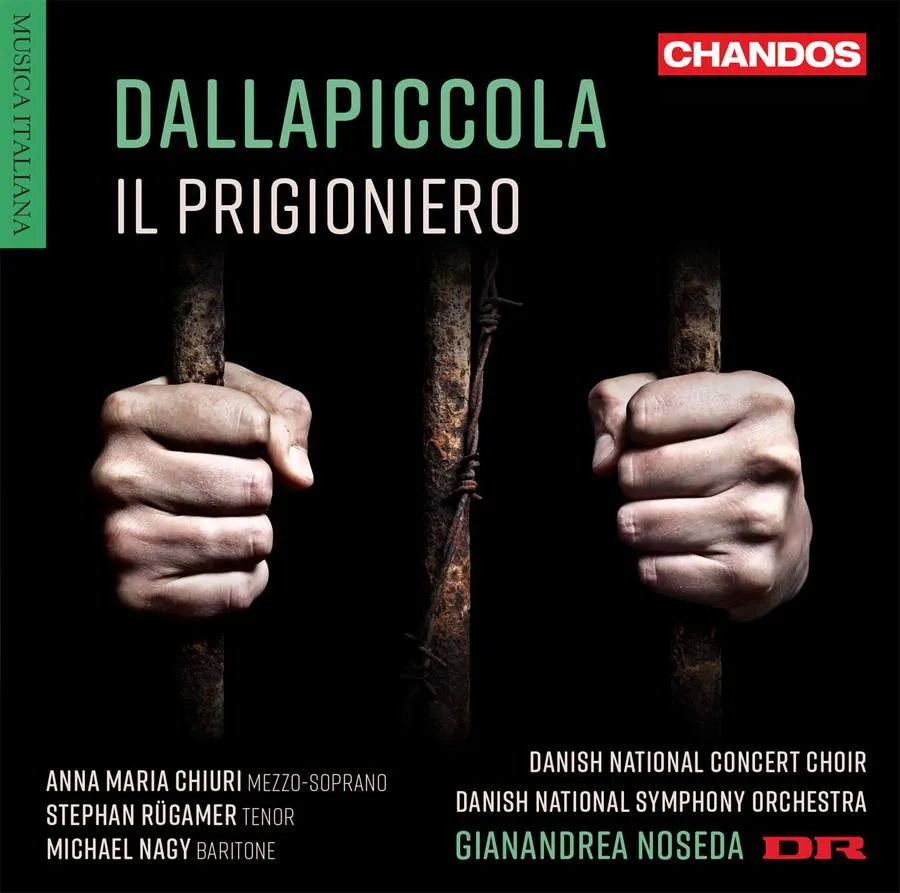
Lemoyne: Phedre
Various; Purcell Choir; Orfeo Orchestra/Gyorgy Vashyegi BruZane BZ1040
The central performances all stand up to scrutiny. Judith van Wanroij’s Phèdre hones in on the text, its meaning carefully embedded in the composer’s setting; exact and discriminating, she allows the drama to take her voice to extremes. With Melody Louledjian’s strong Oenone, Julien Behr’s firm tenor well cast as Hippolyte and Tassis Christoyannis’s Thésée ideally focused, she is fittingly supported.
Performances of character and sensitivity are provided by the Hungarian period-instrument orchestra and its attendant choir, while the conductor maintains musical and dramatic dynamism.
Read BBC Music Magazine's full review here.

Mascagni: Cavalliera Rusticana
Melody Moore et al; Leipzig Radio Choir; Dresden Phil/Marek Janowski Pentatone PTC 5186 772
This new version of Mascagni’s one-act wonder is everything that verismo should be: intense, passionate and heart stopping as it reaches it’s grisly climax.
Marek Janowski, working with his own orchestra, the Dresden Philharmonic transforms what is often a lumbering warhorse into a Wagnerian thoroughbred. As he unfolds the opening prelude, scales the climax of the Easter Hymn or slips into the celebrated Intermezzo you wonder whether you’ve really heard this opera before. And his orchestra rewards him with some sumptuous playing – particularly the strings – and always a scrupulous attention to detail.
Read BBC Music Magazine's full review here.
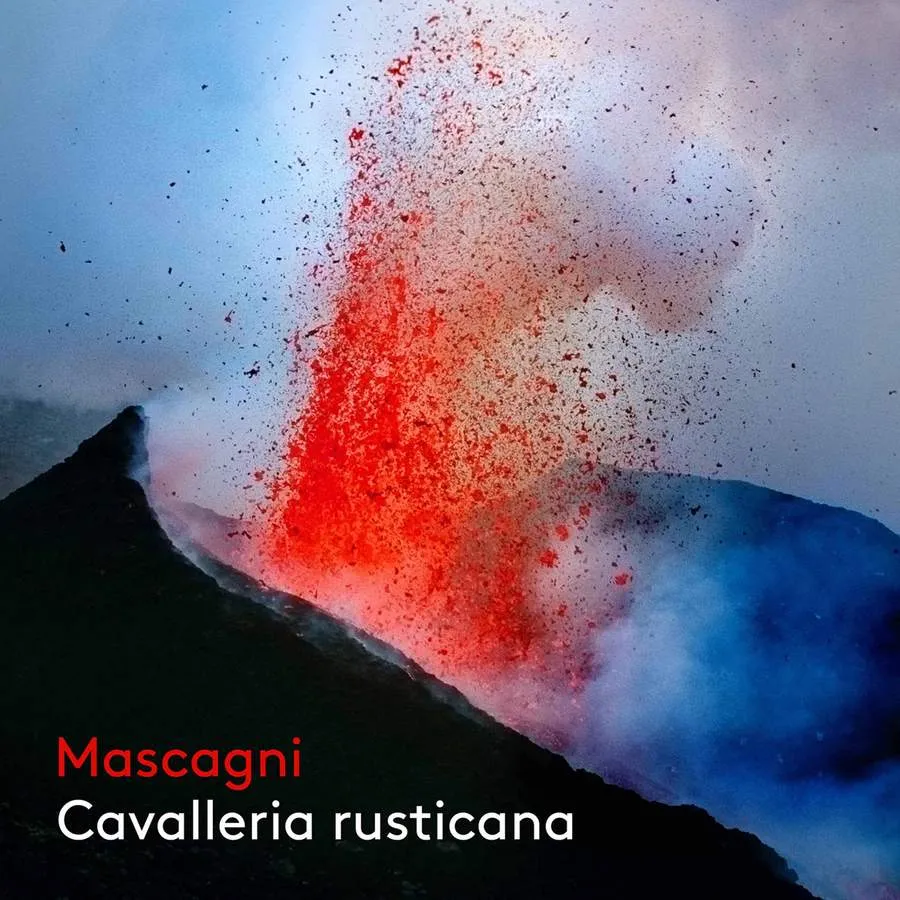
Lully: Armide (1778)
Various; Le Concert Spirituel/Hervé Niquet Alpha Classics ALPHA973
This project’s performers are, from first note to last, as outstanding as the score. Véronique Gens delivers a career-defining performance as Armide, a sorceress and seductress of volcanic power. She bewitches the hero Renaud, inducing him to quit Christian knighthood to be with her. Despite visions of her downfall, Armide does not slay Renaud as she had first planned but instead falls in love with him. Once Renaud’s compatriots turn up and restore his reason, he abandons her. Heart-broken, Armide destroys her realm and completely vanishes.
Read BBC Music Magazine's full review here.
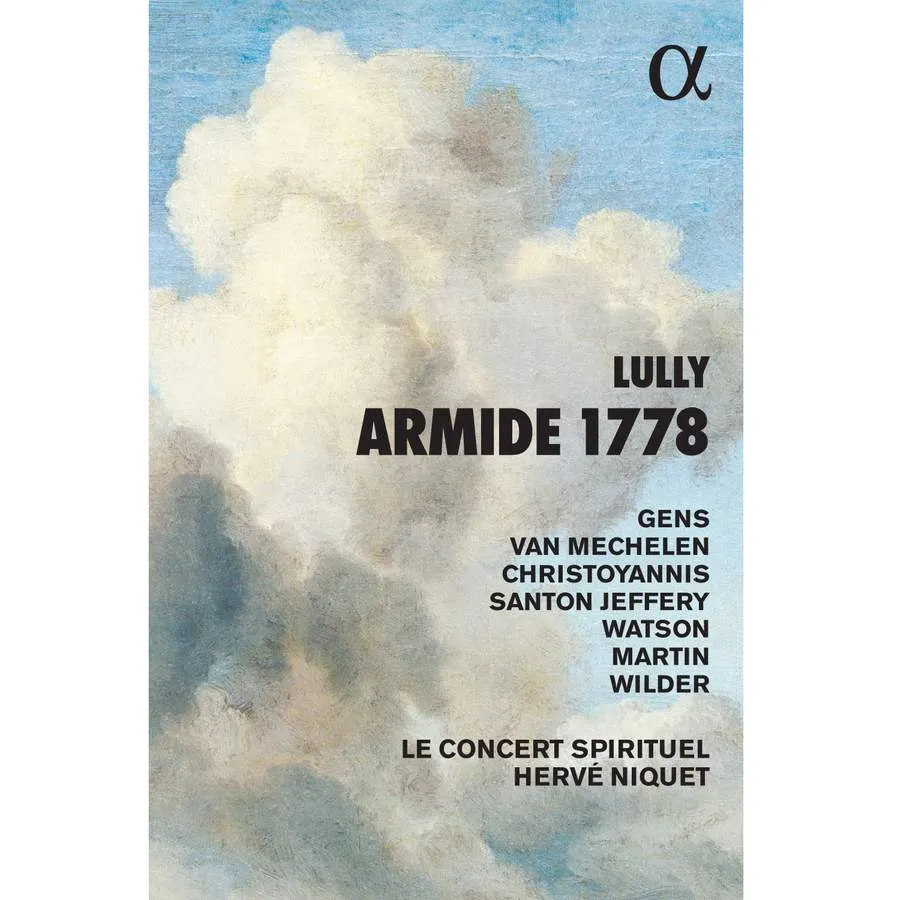
DVDs
Tchaikovsky: Eugene Onegin (DVD)
Bolshoi/Vedernikov BelAir Classiques BAC246
Concepts apart, what Dmitri Tcherniakov brings to this Bolshoi production is an almost Chekhovian attention to detail. A distrait Tatiana unthinkingly tugs at her hair in the letter scene, Olga hunts for a lost earring as Lenski sings his aria before the duel, and Onegin desperately searches for a place to sit at the Gremin’s vast dining table. These are flesh and blood men and women even if they are detached from any specific historical period.
Read BBC Music Magazine's full review here.
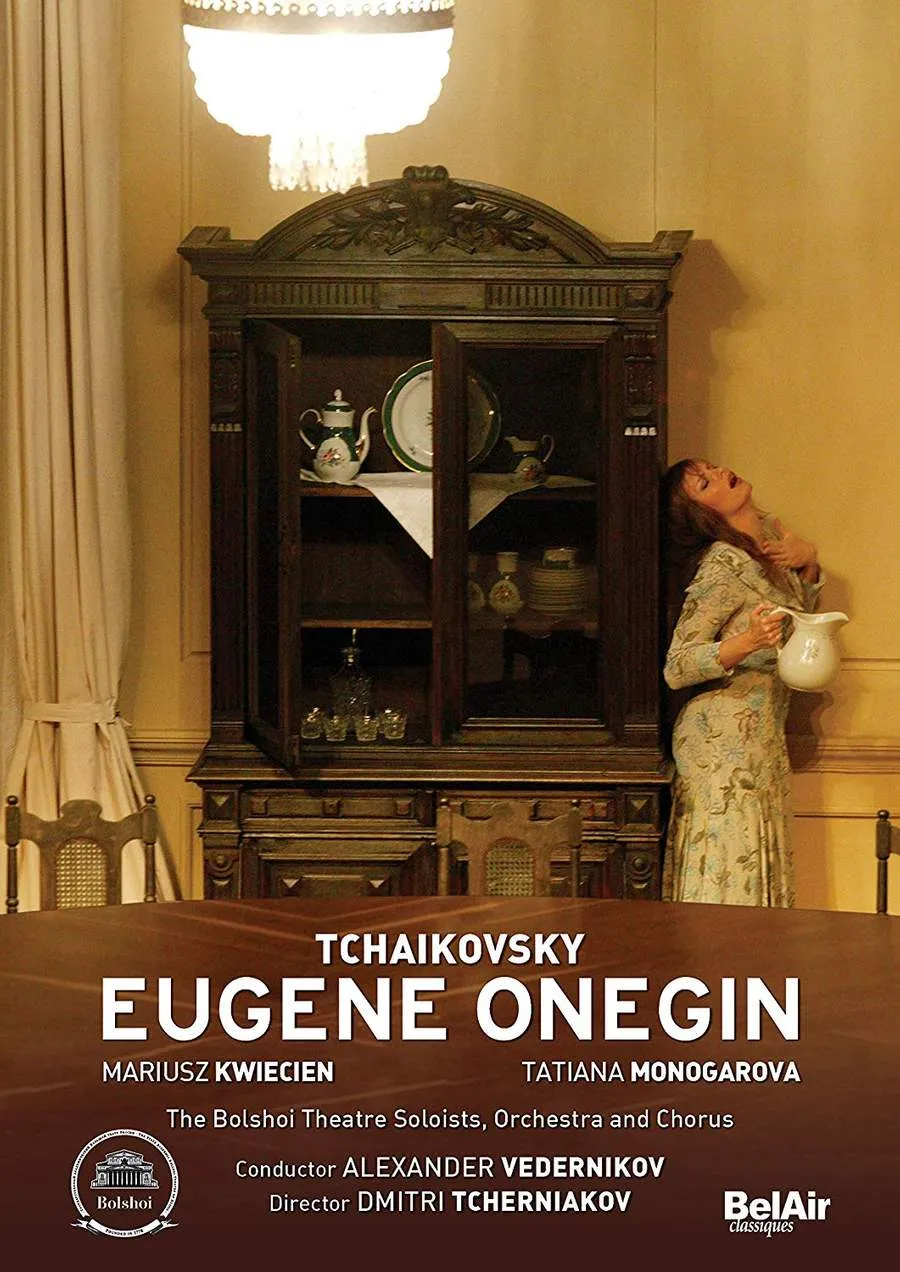
Wagner: Die Walküre (DVD)
Various; ROH/Antonio Pappano Opus Arte OA1308D
What Keith Warner shows us is the frailty of these characters. Emily Magee’s Sieglinde is terrified as well as in love, while Stuart Skelton’s Siegmund seems a kind of little boy lost. Sarah Connolly is a conflicted Fricka and John Lundgren a magisterial Wotan who cannot control his volcanic anger as he loses control of his project to save the Gods. But it’s Nina Stemme, as it should be, who defines this production. Generously voiced, she is essentially a lyric Brünnhilde, most moving when she tells Sieglinde that she is bearing Siegmund’s son and there’s that swell of symphonic sympathy in the pit.
Read BBC Music Magazine's full review here.
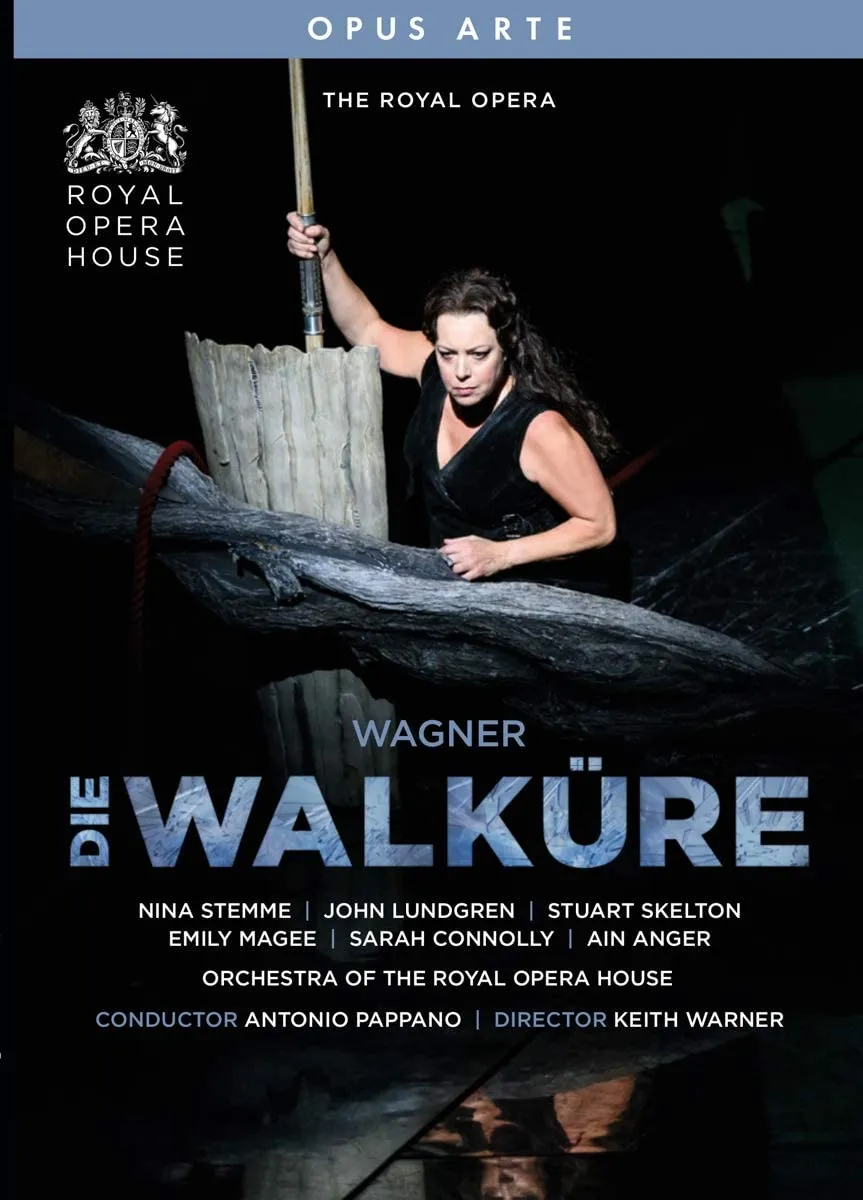
Adam: Le Postillon de Lonjumeau (DVD)
Various; Orchestre de l'opera Rouen de Normandie/Sebastien Rouland; dir. Michel Fau (Rouen, 2019) Naxos 2.110662
Michael Spyres possesses exactly the supple, agile voice required for the title role, revelling in the role’s delicious top notes. As his wife Madeleine, Florie Valiquette offers character in abundance and a technical fluency equivalent to her tenor partner.
Read BBC Music Magazine's full review here.
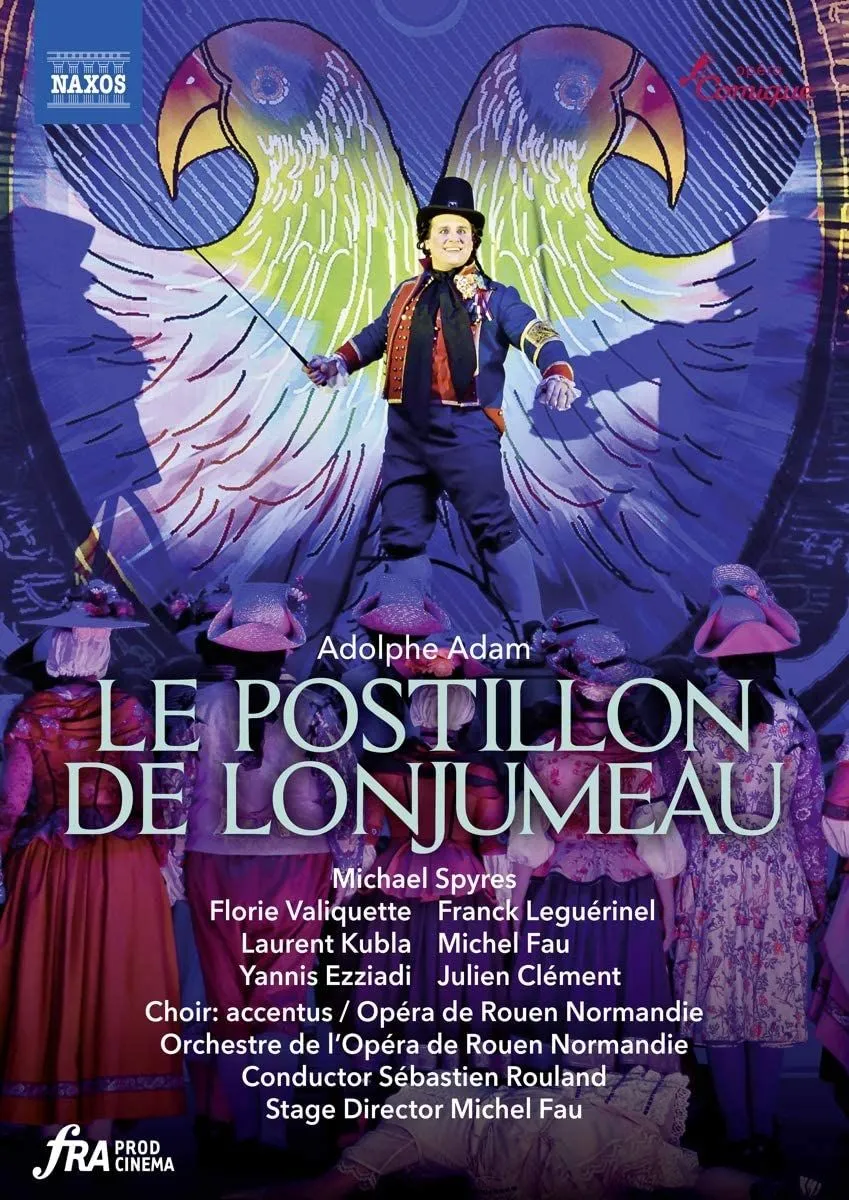
Dvořák: Rusalka (DVD)
Sally Matthews et al; Glyndebourne Chorus; LPO/Robin Ticciati; dir. Melly Still (Glyndebourne, 2019) Opus Arte OA1302D & OABD7266D
Director Melly Still understands that fairy stories have many meanings and wisely resists the temptation to impose a single ‘reading’ on her Glyndebourne Rusalka, a deeply satisfying production of Dvořák’s late masterpiece. Spectacular to look at, too, with death-defying stage flying.
Read BBC Music Magazine's full review here.
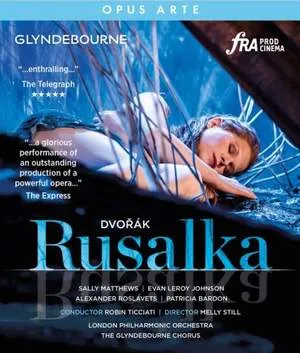
Gervais: Hypermnestre
Purcell Choir; Orfeo Orchestra et al Glossa GCD 924007
The plot of this tragédie en musique is pretty gruesome, leading to the massacre of the 50 sons of Aegyptus on their wedding night by their wives, the daughters of his brother and enemy Danaus. Only Hypermnestra disobeys her father in order to spare her spouse, Lynceus. Though Lully-like in its prologue – introductory, rather than honorific – and five acts, the music frequently sounds forward-looking, even anticipating Rameau at times, and especially in the many imaginative instrumental dances.
Read BBC Music Magazine's full review here.
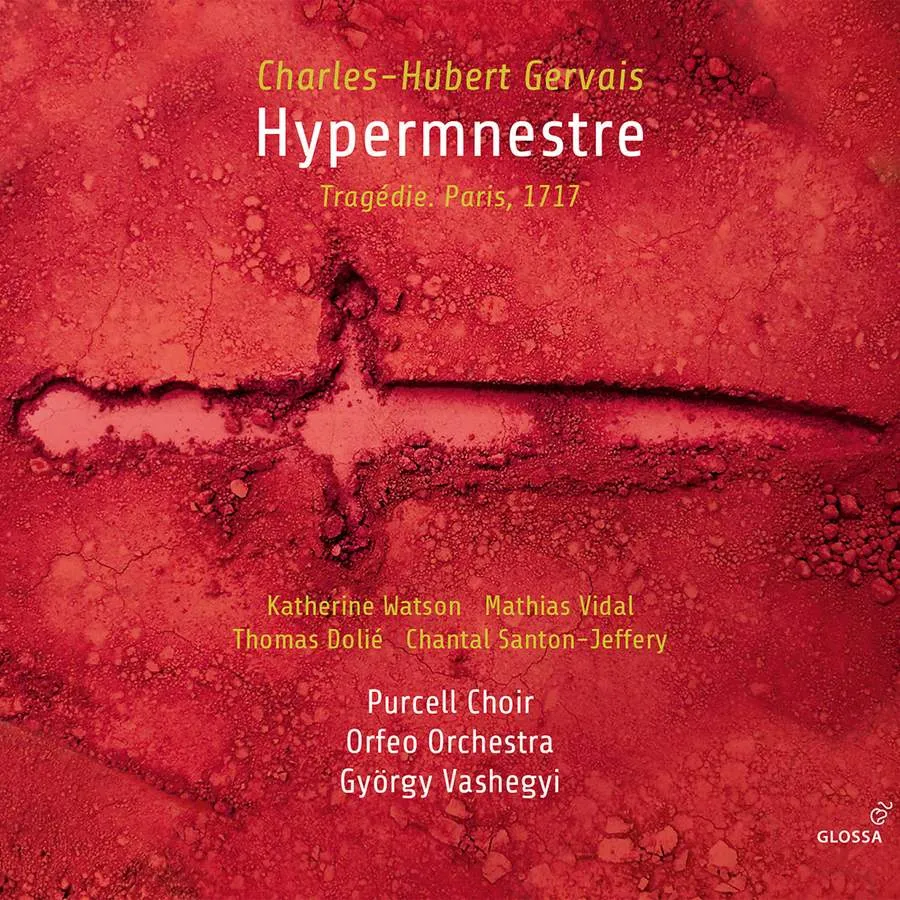
JB Lully: Isis
Les Talens Lyriques/Rousset Aparté AP216
Christophe Rousset has restored to us Lully’s Isis, whose only other complete recording is no longer distributed. Isis is classic Lully: when the heroine Io laments her tortures, or when Juno and Jupiter clash, or the chorus thrusts itself forward, Lully binds action to speech with staggering musical ingenuity. Drawing on his all-French cast, Rousset reanimates a wordbook that contemporaries criticised for its longeurs, as well as for dramatising King Louis XIV’s domestic rows.
Read BBC Music Magazine's full review here.
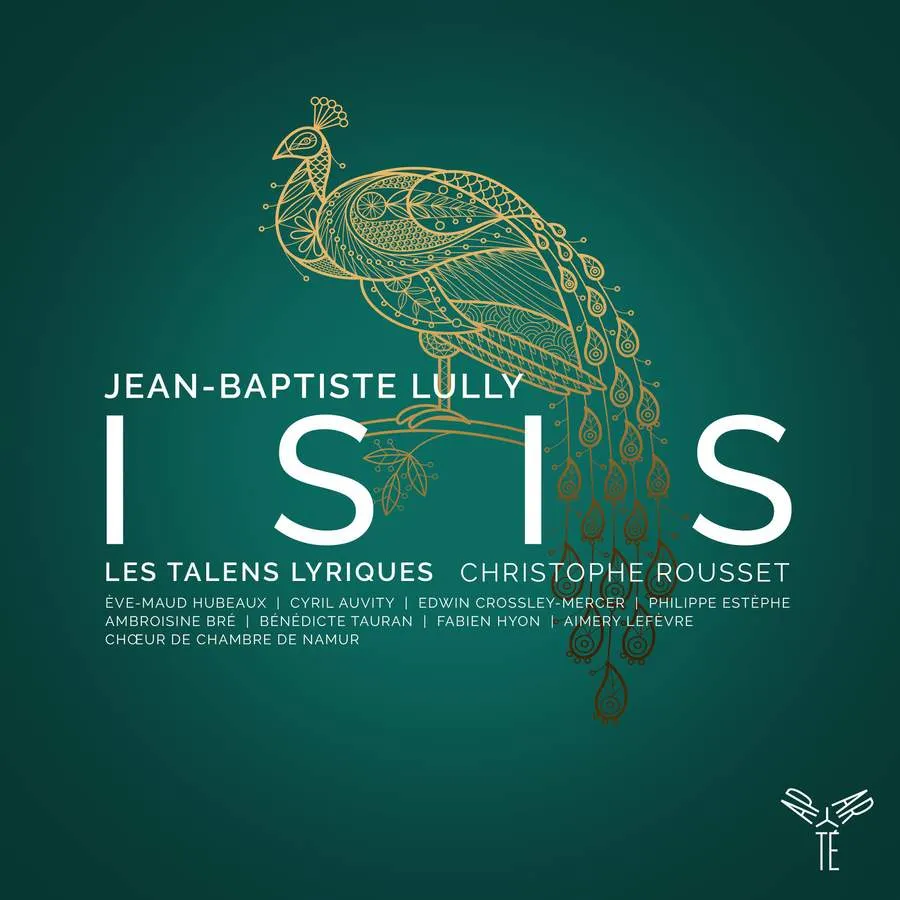
Grétry: Raoul Barbe-Bleue
Various; Orkester Nord/Martin Wahlberg Aparté AP214
This is essentially an ensemble piece, and a capable company delivers it energetically – with no stars required. Dramatically the result is somewhat parodied, especially with Manuel Núñez Camelino making a meal of Raoul’s old servant Osman, though Matthieu Lécroart delivers a strong and apparently gentlemanly Raoul. One can imagine a production being brilliantly funny – in the right directorial hands.
Read BBC Music Magazine's full review here.
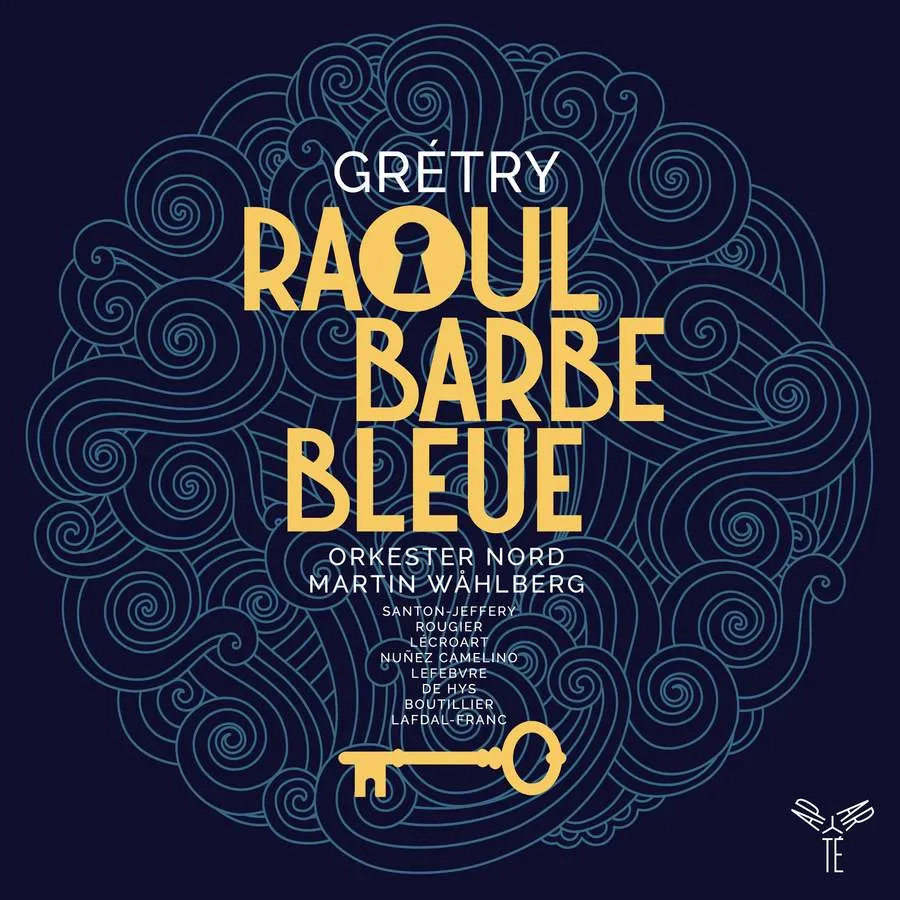
Charpentier: Orphée aux enfers
Vox Luminis/Lionel Meunier et al Alpha Classics ALPHA566
Charpentier’s two works inspired by Ovid’s retelling of the myth of Orpheus make for a captivating diptych. The three-voice cantata Orphée descendant aux enfers is a masterpiece of poetic concision, painted in soft sfumato shades, while the (probably incomplete) two-act chamber opera La Descente d’Orphée aux enfers captures the intensity and latent tragedy of the myth with slender resources and the subtlest of gestures. In both works, Charpentier’s yearning melodies and wistful harmonies are always tempered by French Baroque etiquette.
Read BBC Music Magazine's full review here.
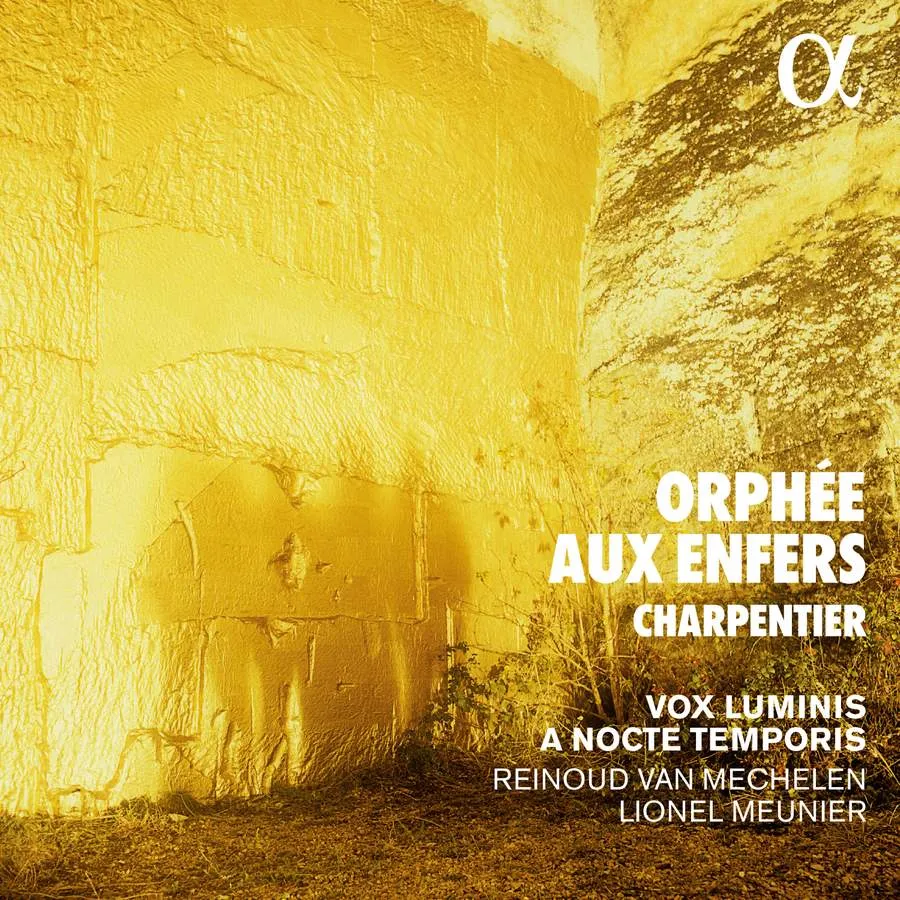
Handel: Agrippina
Joyce DiDonato et al; Il Pomo d'Oro/Maxim Emelyanychev Erato 9029533658
This Agrippina jostles for top place among the opera’s complete recordings. Joyce DiDonato is matchless in the title role, most other cast members likewise outstrip rivals and their vocal qualities are ideal for their dramatis personae. Conductor Maxim Emelyanychev repeatedly hits the sweet spot in his tempos, dynamics and realisations, the score aiming to mirror Handel’s lost original.
Read BBC Music Magazine's full review here.
